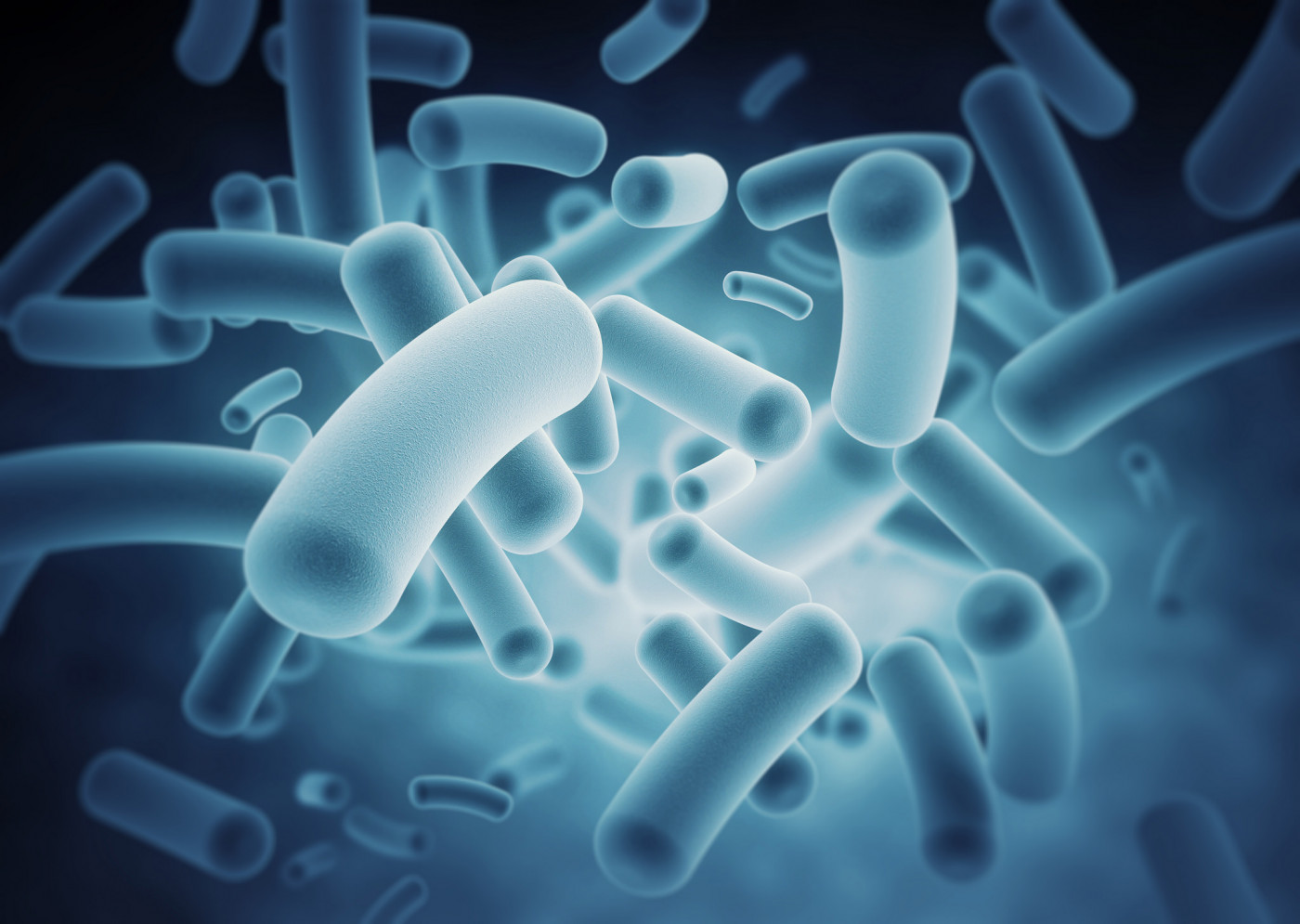Altered Gut Microbiome, Metabolism Found in Japanese RRMS, SPMS Patients, Study Reveals
Written by |

sclerosis
Alterations in gut bacteria and bacterial metabolism were found in Japanese people at different stages of multiple sclerosis (MS) compared to healthy controls, a study reports.
Reduced fatty acid synthesis in gut bacteria found in those with relapsing-remitting MS (RRMS) and increased oxidative stress in secondary progressive MS (SPMS) patients were characteristic findings.
The study, “Alterations of the gut ecological and functional microenvironment in different stages of multiple sclerosis,” was published in the journal Proceedings of the National Academy of Sciences.
MS is an autoimmune disease shaped by both genetic and environmental factors. Given the increasing trend of MS cases over the past few decades, most notably in countries such as Japan, where genetic risk factors are relatively unchanged, environmental risk factors are thought to play critical roles in this population.
Over the same time, changes from more traditional Japanese diets to modern diets have led to a decreased intake of dietary fiber, which is known to alter the numbers and types of bacteria living in the gut (gut microbiome).
Furthermore, recent studies have suggested that the gut microbiome may be associated with MS development.
However, understanding gut microbiome changes between different forms of MS, such as RRMS and SPMS, has not been explored.
A team led by researchers based at the National Center of Neurology and Psychiatry in Japan used genetic analysis to identify gut microbes isolated from fecal samples collected from 46 women and 16 men with RRMS (mean age 39 years) and nine women and six men with SPMS (mean age 43.3 years), and compared the results to a group of 55 healthy control subjects (mean age 40 years).
While the analysis of the variation of microbes in a single sample (alpha-diversity) did not show significant differences, there were significant differences in the overall gut microbiome structure (beta-diversity) between patients with RRMS and SPMS compared to controls. These differences were not affected by either gender or immunotherapy medicines given to patients.
A total of 17 species were identified, showing a significant difference in abundance between RRMS and controls, including a greater abundance of the bacterium Akkermansia muciniphila in RRMS. Studies have suggested that A. muciniphila may play a role in MS development as it can induce pro-inflammatory cell activity.
Significant differences also were found between RRMS and controls in species like Eubacterium rectale, Streptococcus salivarius, and Megamonas funiformis.
Specifically, nine species were reduced significantly in RRMS compared with controls, with eight of them belonging to Clostridia type bacteria — including E. rectale. These bacteria are known to produce a chemical called butyrate, which is “potentially protective in MS” as it can suppress the immune response and has been shown to alter symptoms in MS animal models, the researchers noted.
An examination of microbial abundance and clinical parameters found that five of the 17 species identified in the RRMS group had significant changes in those with recent disease activity (patients who experienced at least one clinical relapse within a one-year period before sample collection) that was not seen in those without recent disease activity.
In the SPMS group, a higher number of Streptococcus parasanguinis and lower numbers of Eubacterium hallii bacteria were associated with more severe disease.
Differences in bacteria metabolic pathways also were assessed, focusing on the functional differences in genes between controls and RRMS and between RRMS and SPMS.
Four of the top seven pathways, which were reduced in RRMS, were linked to energy metabolism. Two were involved in the metabolism of two chemicals known as propanoate (propionate) and butanoate (butyrate), which are closely related to the synthesis of short-chain fatty acids (SCFA). One was related to vitamin B12 biosynthesis.
“A marked reduction in butyrate and propionate biosynthesis and corresponding metabolic changes were confirmed in RRMS compared with [healthy controls],” the researchers wrote.
A comparison between RRMS and SPMS patients found differences in pathways associated with DNA repair, with two key enzymes being significantly enriched in those with SPMS compared to controls or RRMS.
This suggested a high level of oxidative stress in SPMS samples. Of note, oxidative stress refers to an imbalance between the production of tissue-damaging free radicals — natural byproducts of chemical processes, such as metabolism — and the cells’ ability to detoxify them.
To confirm the occurrence of oxidative stress, the ratio of the oxidized sulfur compound called cysteine-S to non-oxidized cysteine (reduced) was assessed. Results showed this ratio was significantly higher in SPMS than controls.
“These findings further support the notion that an enhanced level of DNA mismatch repair is possibly caused by excessive oxidative stress in the gut of patients with SPMS,” the researchers wrote.
The team also examined metabolic pathways related to three primary nutrient groups — carbohydrates, proteins, and fats — to evaluate the possible effects of diet on the gut microbiome.
Genes for carbohydrate metabolism were decreased significantly in SPMS compared to controls, while genes related to protein and fat metabolism were not different among the control and patient groups.
“As such, the reduced carbohydrate metabolism could be a mechanism for the enhanced oxidative states in the gut of SPMS patients,” the researchers wrote.
A final analysis of levels of SCFAs like butyrate, which may have a protective effect, was conducted from samples collected from 12 patients with RRMS, nine patients with SPMS, and eight controls.
The levels of fecal SCFAs, including acetate, propionate, and butyrate, were significantly lower in RRMS and SPMS patients compared to controls.
“Thus, gut ecological and functional microenvironments were significantly altered in the different stages of MS,” the team concluded. “In particular, reduced SCFA biosynthesis in RRMS and elevated oxidative level in SPMS were characteristic.”
“As elevated oxidative stress is closely associated with chronic neuroinflammation and neurodegeneration, the present result opens a way to microbiome data-assisted management of MS, useful for prevention of disease progression,” the team added.


